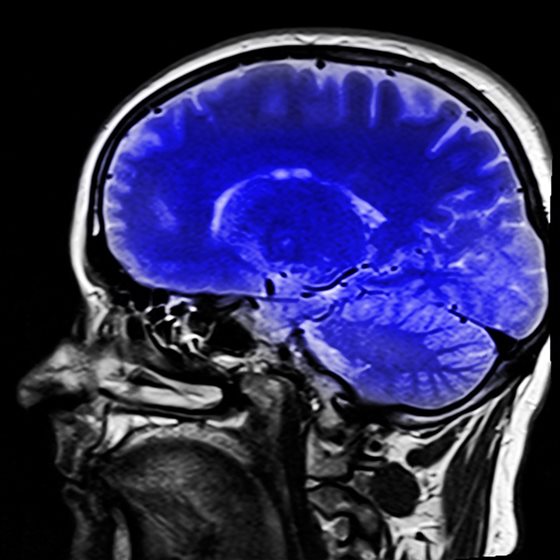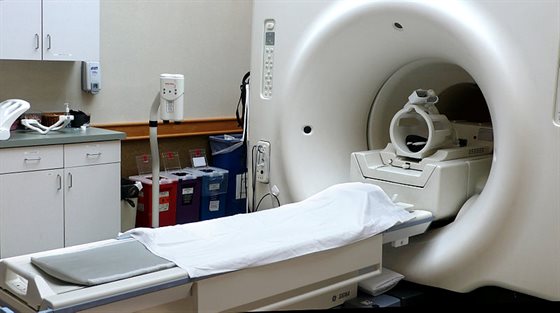A researcher from De Montfort University Leicester (DMU) has helped develop a new treatment for depression which has caused 'big reductions' in patients' symptoms.
Through work conducted in collaboration with Cardiff University, DMU lecturer Dr Moses Sokunbi has found that patients treated using the fMRI neurofeedback technique showed more than a 40% improvement on a widely-used depression scale.

fMRI neurofeedback allows researchers to non-invasively analyse brain activity and identify which areas of the brain should receive increased activation.
In an article published by the prominent Nature journal, Dr Sokunbi explained how patients were given strategies to engage parts of the brain that can cause depression and were given instant feedback from an MRI scan.
Through the signals shown by the MRI machine, patients were able to see how their brains reacted to the treatment and the effect that it had on their depression.
The 43 patients who took part in the study were moderately to severely depressed patients recruited by the NHS in South Wales.

They were randomly split into two groups, with one group undergoing neurofeedback of the emotional processing areas of the brain and the other receiving the same treatment but for the areas of the brain responsible for visualising places and people.
Over a 12-week period, there was no significant difference between the two groups, with both showing a 40% improvement according to the Hamilton Rating Scale for Depression.
Dr Sokunbi said: “Our research has found that training the areas of the brain responsible for emotional processing and also for visualising places and faces could have some therapeutic effect on depression.
“Through strategies such as mental imagery the patients were able to boost the signal in the parts of the brain that are responsible for depression and they could immediately see a significant improvement.
“The fact that the participants can see the feedback proves to them that it works and shows them that they are the ones controlling what is going on in their brain.”
It was initially expected that the group receiving treatment for the area of the brain responsible for emotional processing would see a bigger improvement, but this research has shown that more of the brain can be treated for depression than previously thought.
RELATED NEWS
Diets high in rice linked to higher levels of arsenic in body
Could a tropical weed hold the key to cleaning up our rivers?
See all the latest research news
Dr Sokunbi explained: “Both groups showed a big reduction in the symptoms of depression which showed us that the part of the brain that deals with places and faces can also have an effective therapeutic outcome for depression.”
All patients who took part in the study were receiving medication for their condition, but Dr Sokunbi says fMRI neurofeedback could eventually replace the need for depression sufferers to take medication.
He believes that this research will go a long way in shaping how depression is treated in the future and has the potential to improve the lives of sufferers.
“The essence of research is to improve lives, especially in terms of healthcare,” he said. “My background is originally in electrical engineering so I wanted to use my experience and skills in electrical engineering and physics to improve healthcare, change lives and make things better.
“Projects like this can take a long time but it can go a long way to helping people. It’s worthwhile in the end because you see in the future how a bit of work you’ve done can help people’s lives.
“It’s the first time I’ve been published in Nature. I’m elated with this project and proud to have had my work included in Nature.”
Posted on Tuesday 21 August 2018